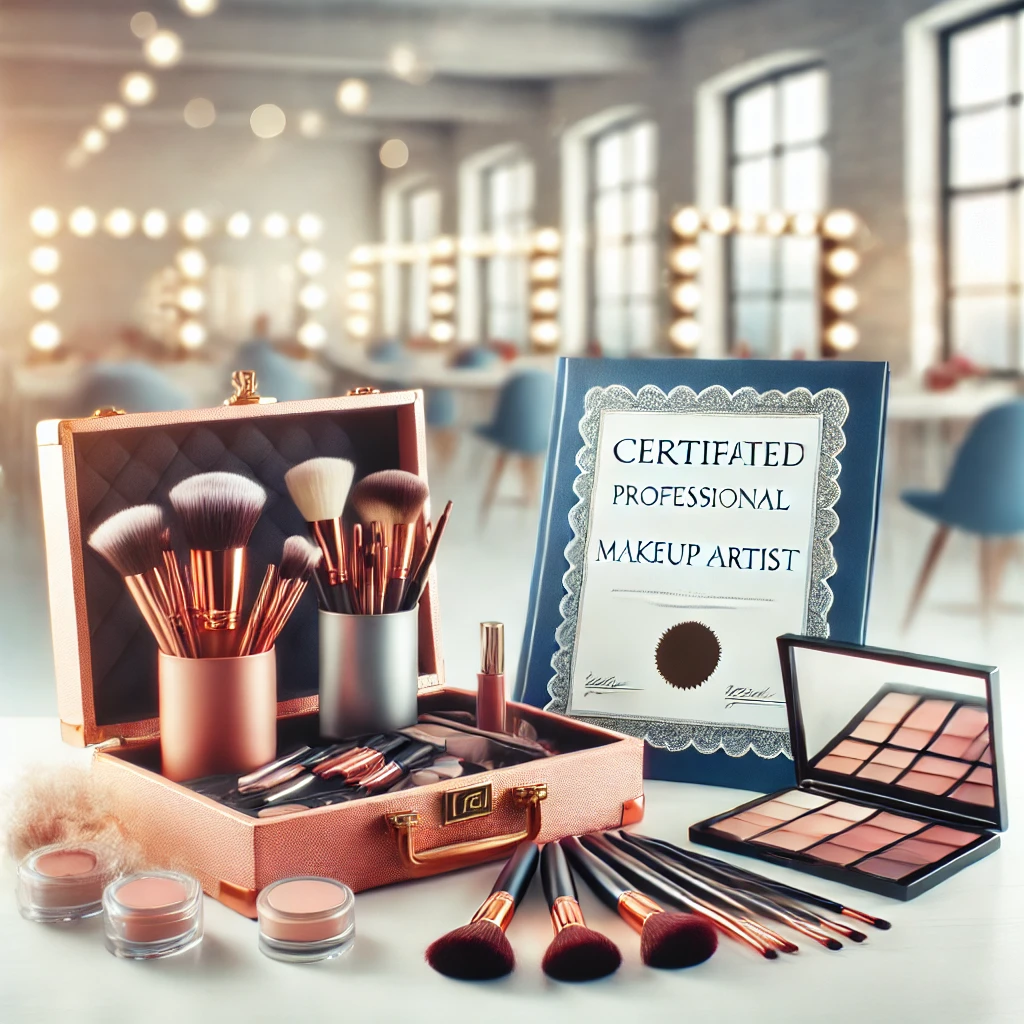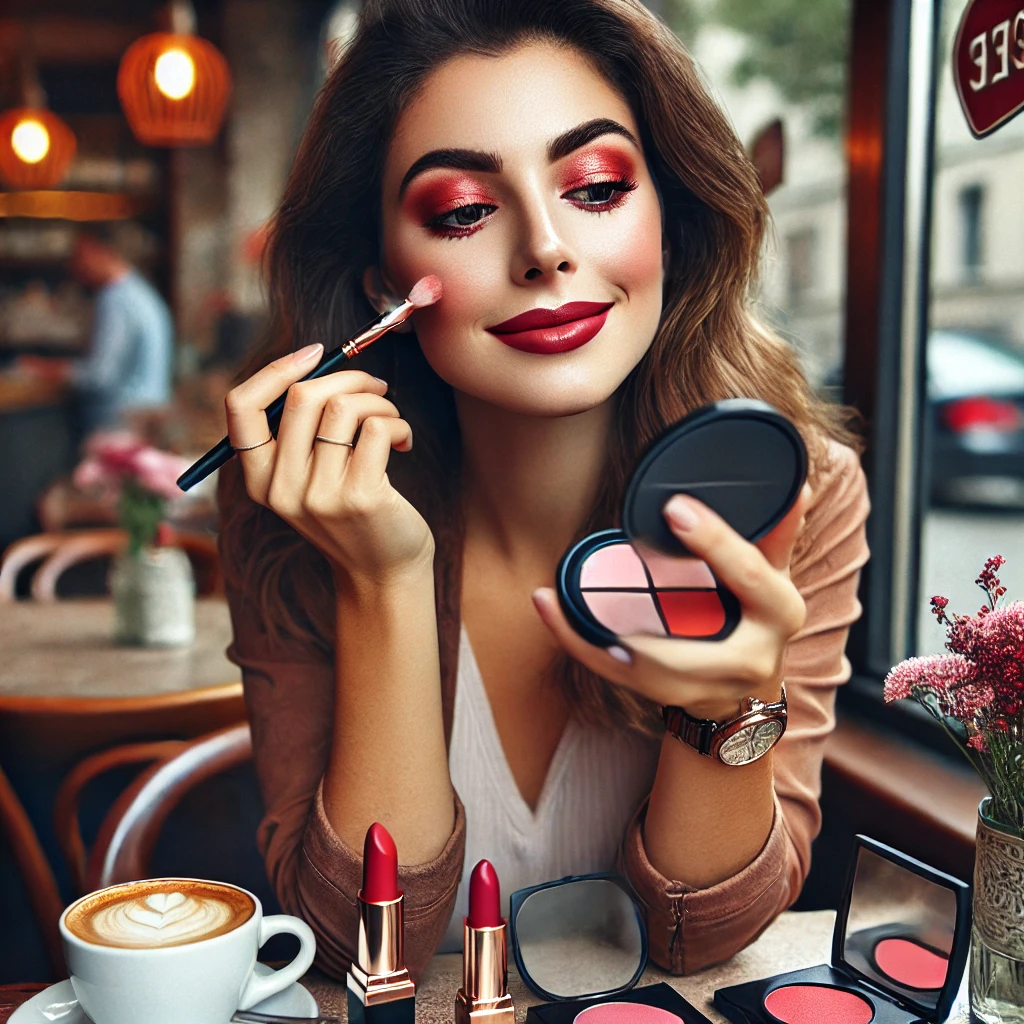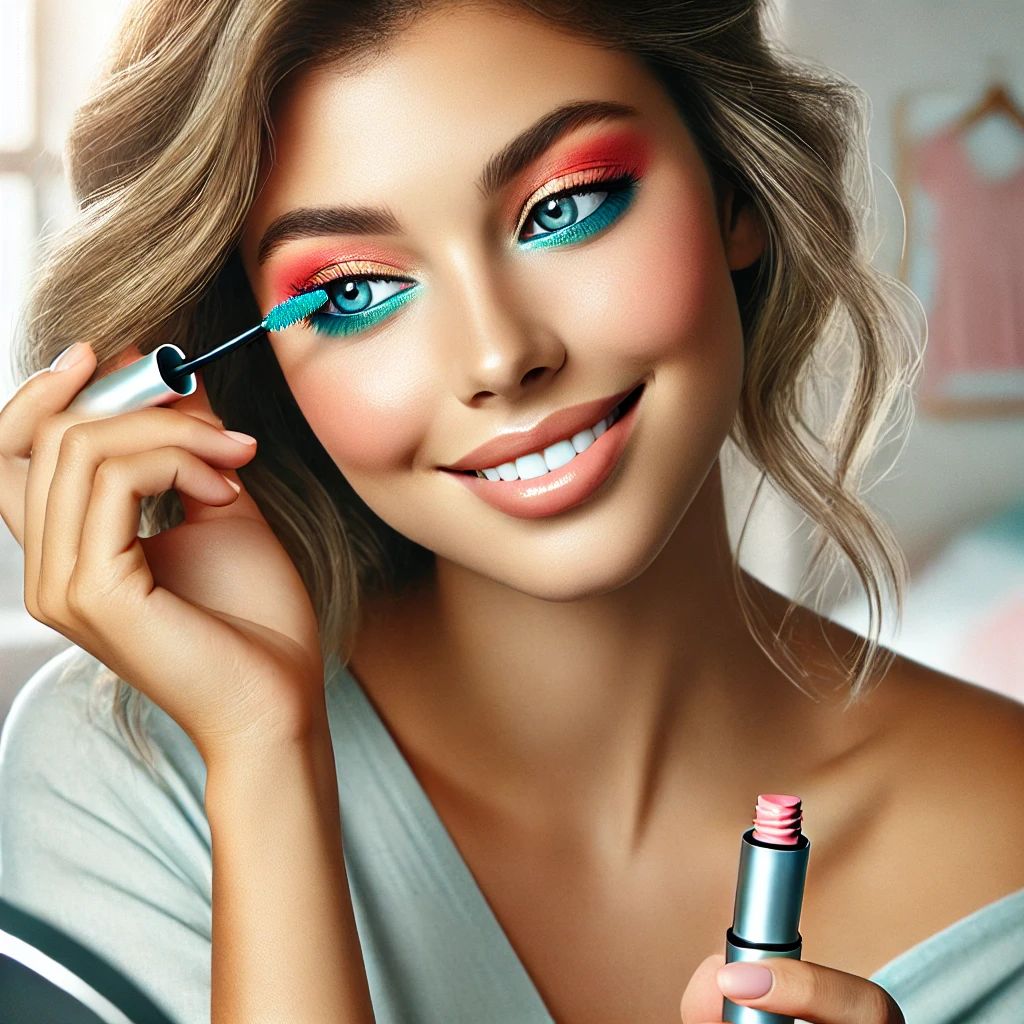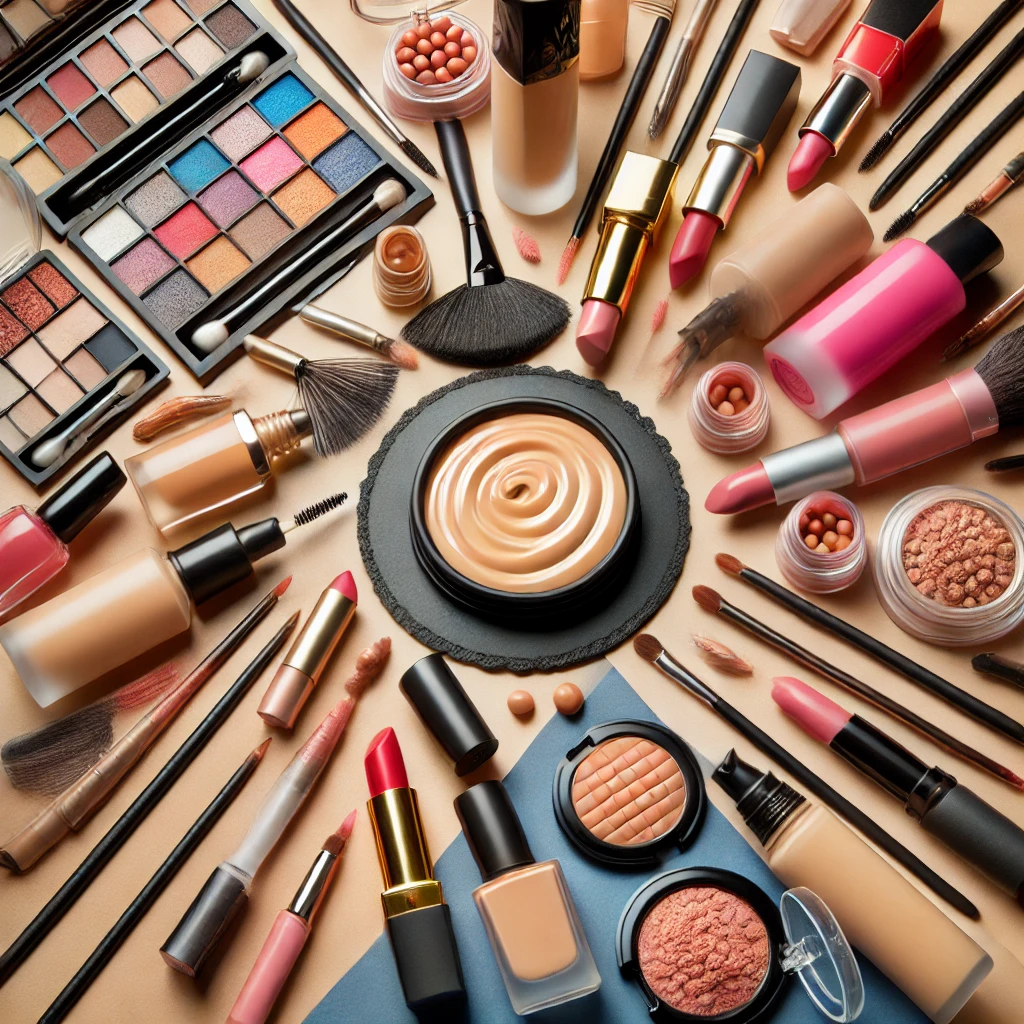Table of Contents
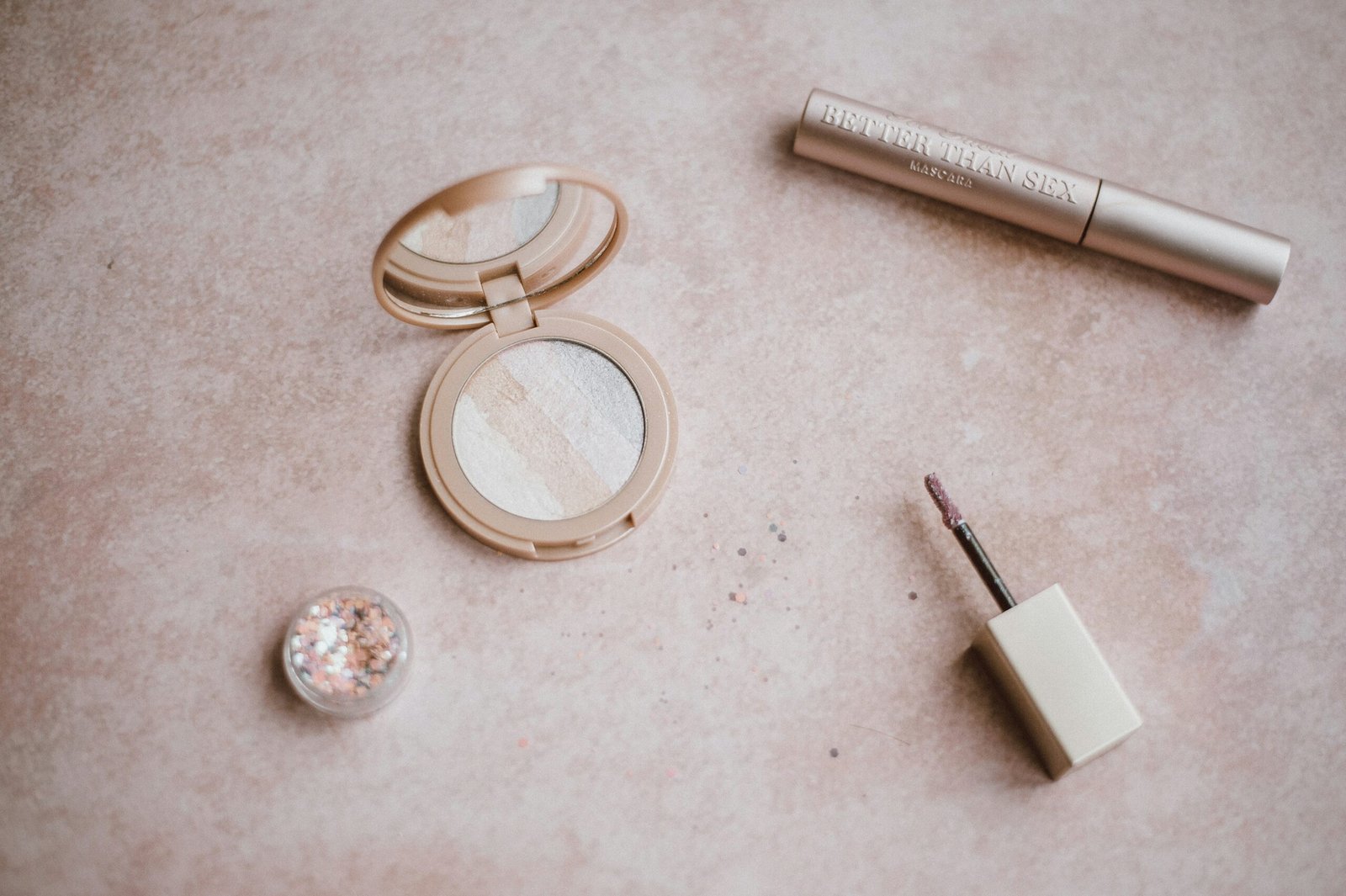
Understanding the Requirements for a Makeup License
A makeup license serves as an official endorsement that a professional makeup artist has met specific educational and practical standards. This credential is not merely a certificate of completion but a mandatory qualification in many regions that distinguishes licensed professionals from hobbyists. Earning a makeup license ensures that the artist has attained a standardized level of competence, thus providing clients with a sense of trust and reliability.
The general requirements for obtaining a makeup license vary significantly by region or country. However, most jurisdictions mandate a combination of formal education and practical experience. Typically, aspiring makeup artists are required to complete a certain number of hours at an accredited institution, covering both theoretical and hands-on training in areas such as sanitation, makeup techniques, skin care, and client communication. After fulfilling the educational requirements, candidates often have to pass a licensing examination that assesses their technical skills and knowledge of safety protocols.
It is crucial for aspirants to investigate the specific requirements set by local regulatory bodies or cosmetology boards. For instance, in the United States, licensing regulations differ from state to state. In New York, the Department of State’s Division of Licensing Services oversees the process, while in California, it falls under the California Board of Barbering and Cosmetology. Aspiring makeup artists should visit the relevant websites or contact these agencies directly to obtain the most accurate and current information.
Several professional organizations and certifying bodies also play a pivotal role in issuing credentials and setting industry standards. Esteemed entities such as the International Make-Up Association (IMA) and the Makeup Artist Certification (MAC) provide certification that is recognized globally. These credentials often enhance a makeup artist’s credibility and may even be required by some employers or clients.
In conclusion, obtaining a makeup license is a critical step for anyone looking to establish themselves as a professional makeup artist. By understanding and meeting the regional requirements, aspiring artists can ensure they are well-prepared to enter this competitive field with the necessary knowledge and credentials.
Educational Pathways and Training Programs
Pursuing a career as a professional makeup artist requires a solid educational foundation and specialized training. Aspiring makeup artists have a variety of educational pathways to choose from, including accredited cosmetology schools, specialized makeup programs, and online courses. Selecting a reputable institution is crucial to ensure comprehensive training and to enhance career prospects.
Accredited cosmetology schools offer a broad curriculum that covers essential makeup techniques, skincare, hair styling, and more. These programs typically range from nine months to two years in duration and provide an immersive learning experience. Cost can vary widely, from $5,000 to $20,000 or more, depending on the school and the program’s depth. A key advantage of attending such schools is the opportunity for hands-on training, which is critical for mastering the practical skills required in the makeup industry.
For those looking to focus exclusively on makeup artistry, specialized makeup programs are an excellent option. These programs often provide in-depth training on various makeup styles including bridal, fashion, theatrical, and special effects makeup. The duration for these programs is generally shorter, ranging from a few weeks to a few months, with costs between $1,000 and $10,000. Participation in internships or apprenticeships as part of these programs can offer invaluable real-world experience and networking opportunities.
Online courses provide a flexible and often more affordable alternative, catering to individuals who may need to balance other commitments. These courses can range from free short tutorials to comprehensive programs costing up to several thousand dollars. While online courses offer convenience, they may lack the hands-on training crucial for developing practical expertise. However, some reputable online programs incorporate live sessions and interactive components to simulate the practical learning environment.
When considering educational and training options, it is essential to evaluate the curriculum comprehensively. Ensure that the program covers fundamental makeup techniques, color theory, hygiene practices, client management, and business skills. Informed decision-making in selecting the right pathway can substantially impact one’s success and recognition in the makeup artist profession.
Examination and Certification Process
To acquire a makeup license and become a certified professional makeup artist, one must successfully navigate the examination and certification process. This rigorous process typically encompasses both written and practical components, designed to evaluate a candidate’s comprehension and application of essential makeup techniques and industry knowledge.
The written component usually covers a wide range of topics pertinent to the field of makeup artistry. Subjects often include skin anatomy, hygiene and safety protocols, color theory, cosmetic chemistry, and client communication. Candidates are tested on their understanding of these key areas to ensure they possess a well-rounded, theoretically sound foundation.
The practical component of the examination assesses a candidate’s adeptness in applying makeup techniques under real-world conditions. Examinees are often required to demonstrate proficiency in various skills, such as contouring, blending, highlighting, and the application of different makeup styles (e.g., bridal, editorial, special effects). Attention to detail, creativity, and an ability to execute precise techniques are crucial for success in this segment of the exam.
To prepare effectively for the exam, candidates should first familiarize themselves with the exam’s structure and content areas. Comprehensive study guides, textbooks, and online resources tailored specifically for makeup artistry exams can be invaluable. Regularly reviewing these materials will help consolidate knowledge and identify any gaps that need further study.
Hands-on practice is equally essential. Aspiring makeup artists should dedicate ample time to honing their craft, practicing on various face types, and experimenting with different products and techniques. Seeking feedback from peers or mentors can provide constructive insights and areas for improvement.
Understanding the evaluation criteria of both the written and practical components is also vital. By aligning preparation efforts with these criteria, candidates can better focus their studies and practice sessions, increasing their chances of success.
Passing the exam is critical, not only for obtaining a makeup license but also for ensuring compliance with industry standards. A makeup license not only validates a makeup artist’s skills and knowledge but also significantly enhances their career prospects, underscoring their commitment to professionalism and excellence in the field.

Maintaining and Renewing Your Makeup License
Once you’ve earned your makeup license, maintaining and renewing it becomes a critical aspect of your professional journey. The makeup industry is dynamic, with trends and techniques evolving rapidly; therefore, keeping your license in good standing is essential for staying relevant and competitive. Typically, a makeup license is valid for a set period, often ranging from one to three years, depending on the jurisdiction and specific regulatory body.
To maintain your license, you must comply with regulations set forth by the licensing authority. These regulations often include adhering to industry standards, ethical practices, and continuing education requirements. Continuing education is vital as it ensures that you are updated with the latest advancements in makeup technology, innovative application techniques, and emerging beauty trends. Many regulatory bodies require makeup artists to complete a certain number of hours in approved continuing education courses to qualify for license renewal.
The renewal process generally involves submitting a renewal application, proof of completed continuing education hours, and a renewal fee. It is crucial to be aware of the renewal deadlines and ensure you submit all necessary documents on time to avoid interruption in your professional practice. Failing to renew your license on time can lead to penalties, temporary suspension, or even permanent revocation of your right to practice as a makeup artist. This can have significant consequences on your career, including loss of clients and professional credibility.
Ongoing professional development is not merely a regulatory requirement but a strategic imperative for personal growth and career advancement within the beauty industry. By engaging in regular training, attending workshops, and participating in industry conferences, you can refine your skills, discover new products, and network with peers and industry leaders. This commitment to continuous learning not only helps in meeting licensing requirements but also enhances your expertise and reputation as a certified professional makeup artist.
